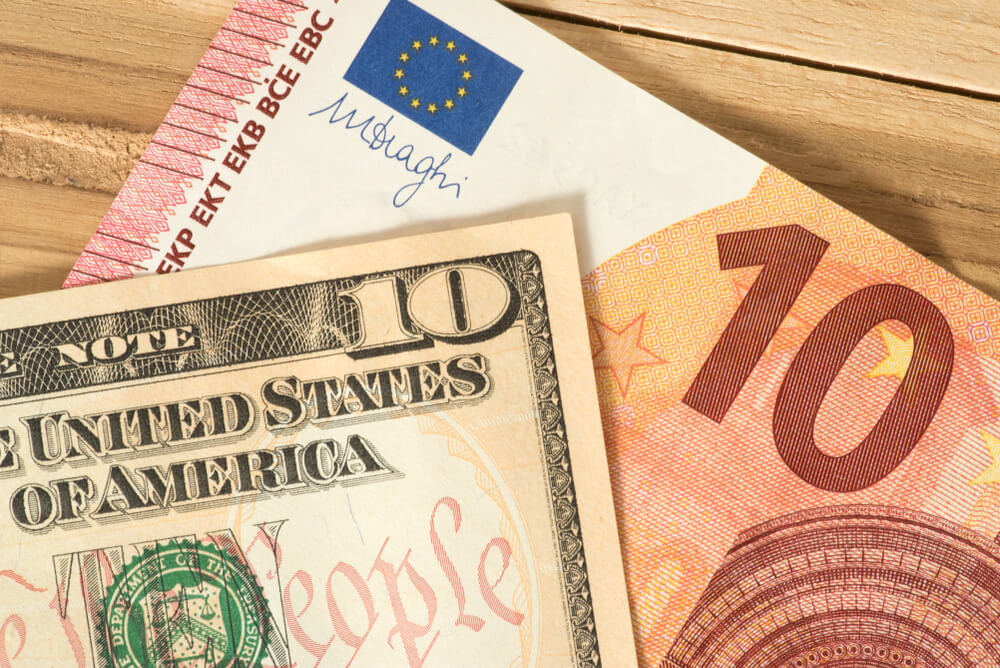Thai exports welcome another downside to its optimum running after reports of virus outbreaks on some of its factories.
The Kingdom now feels the double whammy of subdued tourist arrivals and the prolonged pandemic.
According to reports, 130 Thai factories have now been affected. A couple of these supply grand scale for multinational and international brands.
The manufacturing sector has now become one of the most notorious breeding grounds for the virus in the country. It trails just as equally as prison cells and construction camps, where social distancing and other health protocols are very difficult to put into place.
As of this writing, 7,100 cases have already been reported across the country’s 11 provinces.
This is a significant amount in comparison to the industry’s total which houses 63,000 factories nationwide and employs 3.4 million on average.
Exports have become one of the emerging market’s biggest income earners, aside from travel remittances.
Last year, international orders occupied about 45% of Thailand’s gross domestic product. It kept the economy afloat amid the incapacitation brought by the pandemic.
Now that its existence is at risk, analysts worry that should the situation persists, it could result in a heavy blow into the nation’s output.
For the record, Thailand’s economy contracted by 6.1% last year. This figure is one of the sharpest declines in the region.
It initially expected to record a 2.5% to 3.5% recovery this year. On the other hand, it later revised this projection to a 1.5% to 2.5% expansion as the pandemic maintains its place in the driver’s seat for a longer than anticipated period.
Bank Indonesia Expected to Keep Rates As Is
Meanwhile, in an update in its Southeast Asian neighbor, Bank Indonesia is likely to keep rates in the status quo.
Currently, the central bank observes a 3.5% interest rate that has been in place for the fourth consecutive meeting.
While they have yet to announce the actual decision, the administration already asserted the need for an accommodative policy stance.
This is to aid the flailing Indonesian economy as the pandemic continues to spread across its archipelagic borders.
The central bank’s governor asserted earlier of his pledge to keep rates as is despite inflation remaining far below this year’s target.
For the record, the Southeast Asian giant’s gross domestic product contracted by 2.07% in 2020. This is its first financial downfall since the Asian Financial Crisis from 1997 to 1998.















